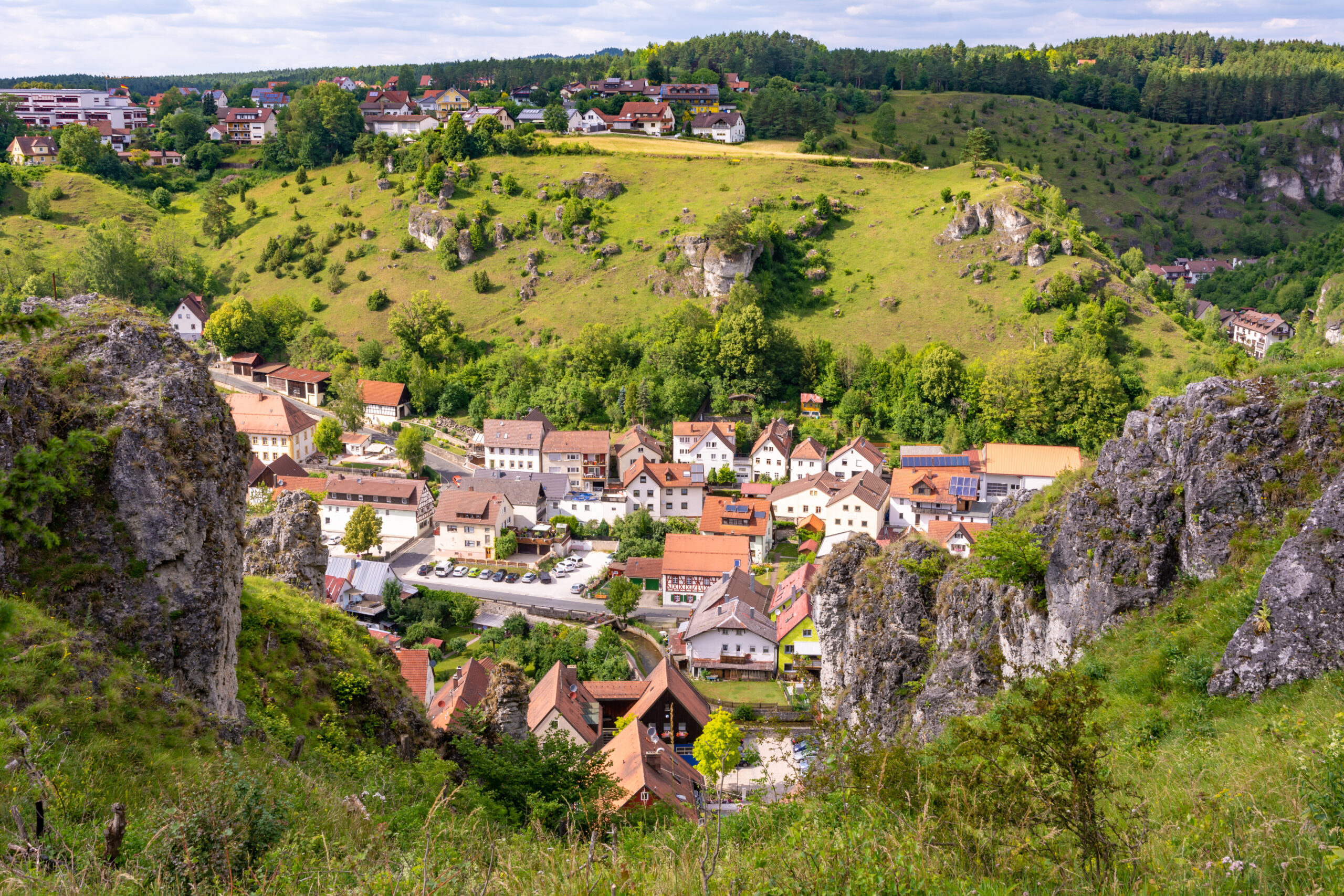
What we achieve
The BIOSTARS project aims to accelerate the transition toward a circular and inclusive bioeconomy in rural Mediterranean areas by empowering local communities, fostering innovation, and supporting entrepreneurship. At the heart of our mission is the creation and transformation of “Bioeconomy Start-up Villages,” aligned with the Start-up Village Forum Initiative, to revitalize rural regions through sustainable, innovation-driven development.
By focusing on youth and women-led enterprises, BIOSTARS seeks to increase the visibility and participation of rural entrepreneurs in bio-based value chains, creating new opportunities for green jobs and local value creation. Our work spans six countries—Greece, Italy, Spain, Croatia, Bosnia and Herzegovina, and Cyprus—strengthening transnational collaboration through a vibrant Community of Practice that connects public institutions, businesses, academia, and civil society.
As a thematic project under the Interreg Euro-MED programme and a proud member of the Industrial Transition Cluster, BIOSTARS is fully aligned with the EU’s strategic priorities for climate neutrality, digital innovation, and sustainable economic growth. Our approach aims to embed sustainability into investment and policy frameworks, helping SMEs thrive in the green transition.
To ensure coherence and impact, BIOSTARS will work closely with the Interreg Euro-MED Governance projects, participating actively in joint activities, knowledge exchange, and collaborative decision-making processes. Through this integration, we contribute to shaping a more resilient, inclusive, and forward-looking rural Europe.
Innovative tools

BIOSTARS is committed to advancing sustainable rural development in the Mediterranean by equipping communities with innovative tools and fostering inclusive collaboration. At the core of the initiative lies the BIOSTARS Toolbox—a digital platform designed to provide technical solutions and social innovation practices for circular bioeconomy applications. Drawing from the validated results of the BIOLOC and REVIVE projects, the toolbox offers practical guidance tailored to the maturity level, needs, and assets of rural and start-up communities. It supports not only the transition to bio-based practices but also the development of green skills and jobs, with digital tools embedded throughout.
To enhance the adoption and impact of these tools, BIOSTARS will establish regional hubs and a transnational cluster, connecting entrepreneurs, public institutions, academia, and civil society in innovation ecosystems. These spaces will serve as engines for collaboration, knowledge exchange, and joint action across borders.
A key feature of the project is its transferring framework, based on a dynamic giver–taker–potential taker model. In this approach:
- Givers share validated tools and outputs with others.
- Takers adapt and enhance their own policies and practices using the shared resources.
- Potential takers—primarily associated partners from nine rural communities—pilot and implement these solutions on the ground.
To support this process, BIOSTARS will launch awareness campaigns, peer-to-peer exchanges, and capacity-building activities across six partner countries: Bosnia and Herzegovina, Croatia, Cyprus, Greece, Italy, and Spain. These efforts will empower rural actors to adopt circular, bio-based, and socially equitable models of growth, both through accessible online tools and through localized, real-world implementation across MED territories.

